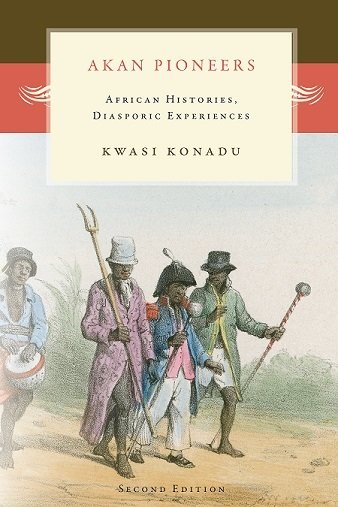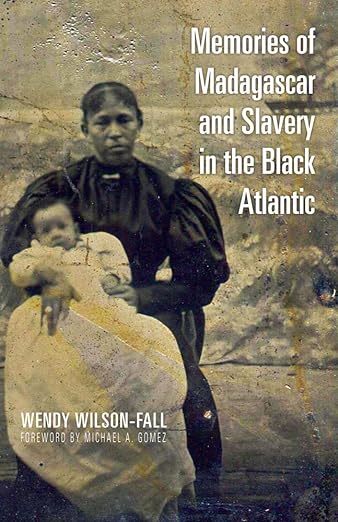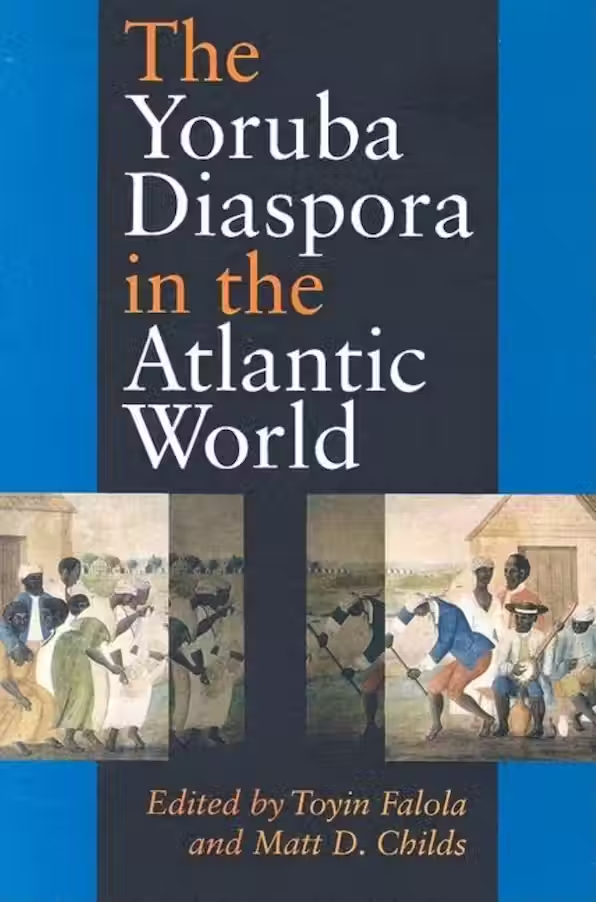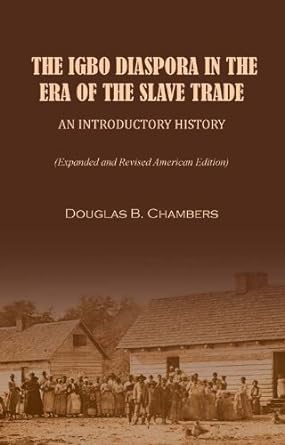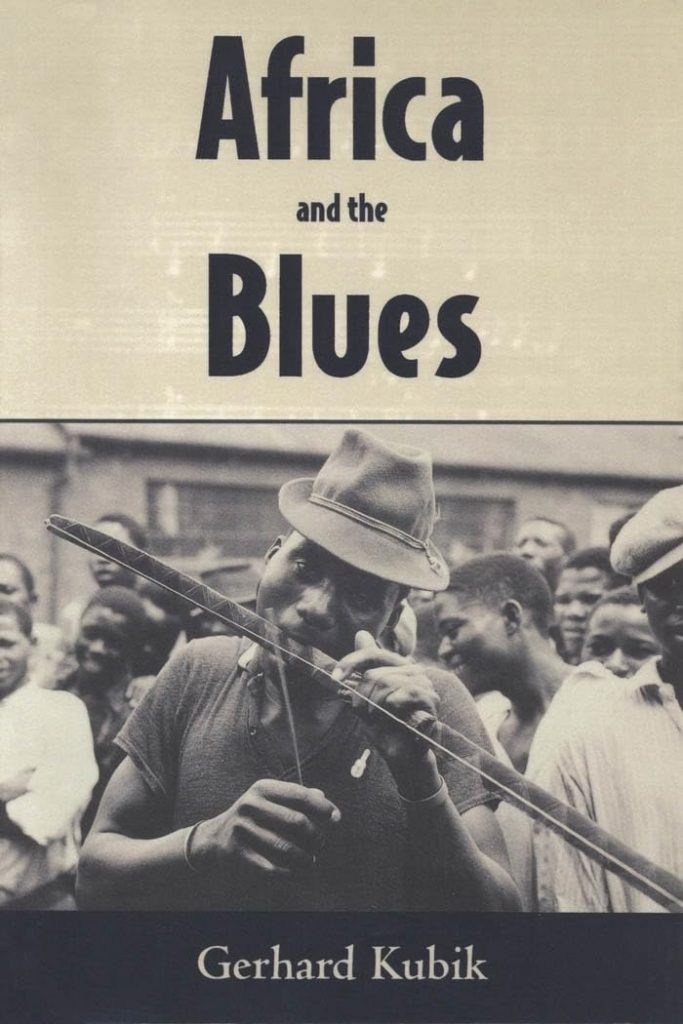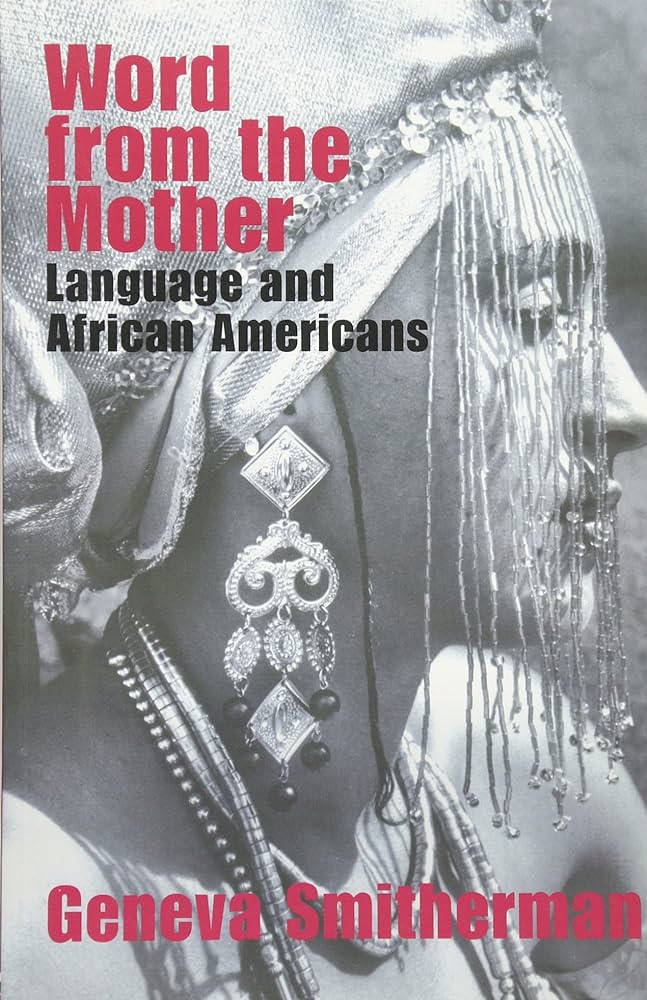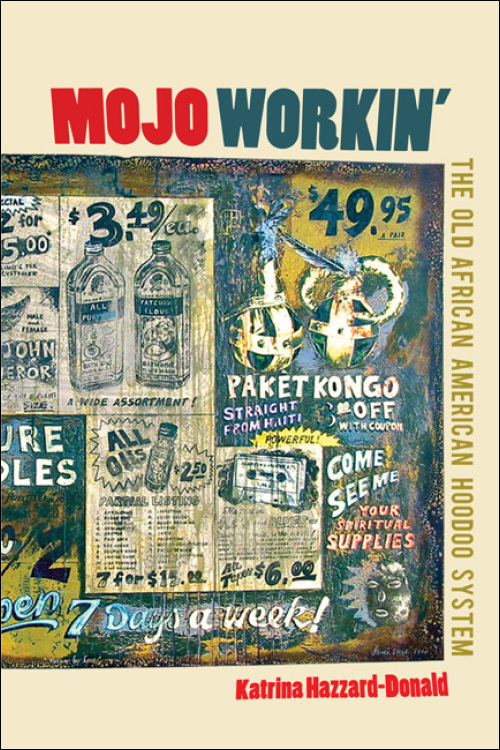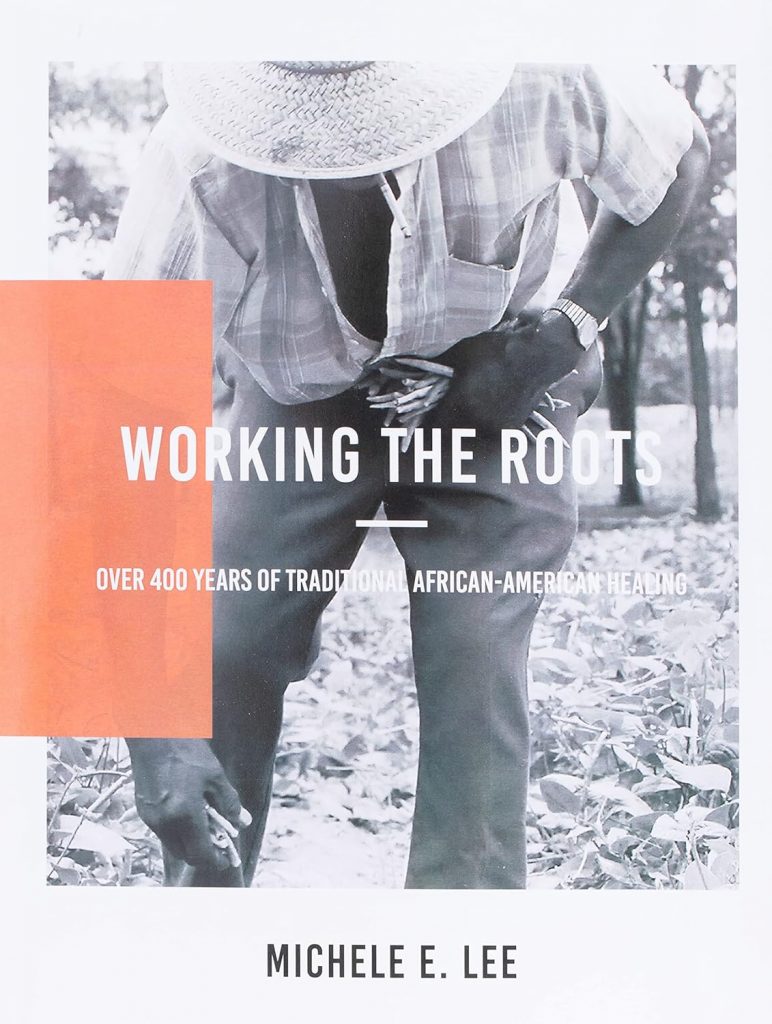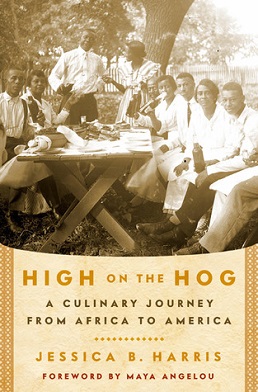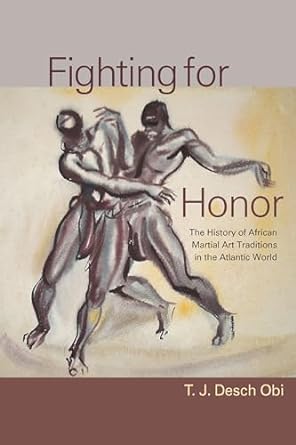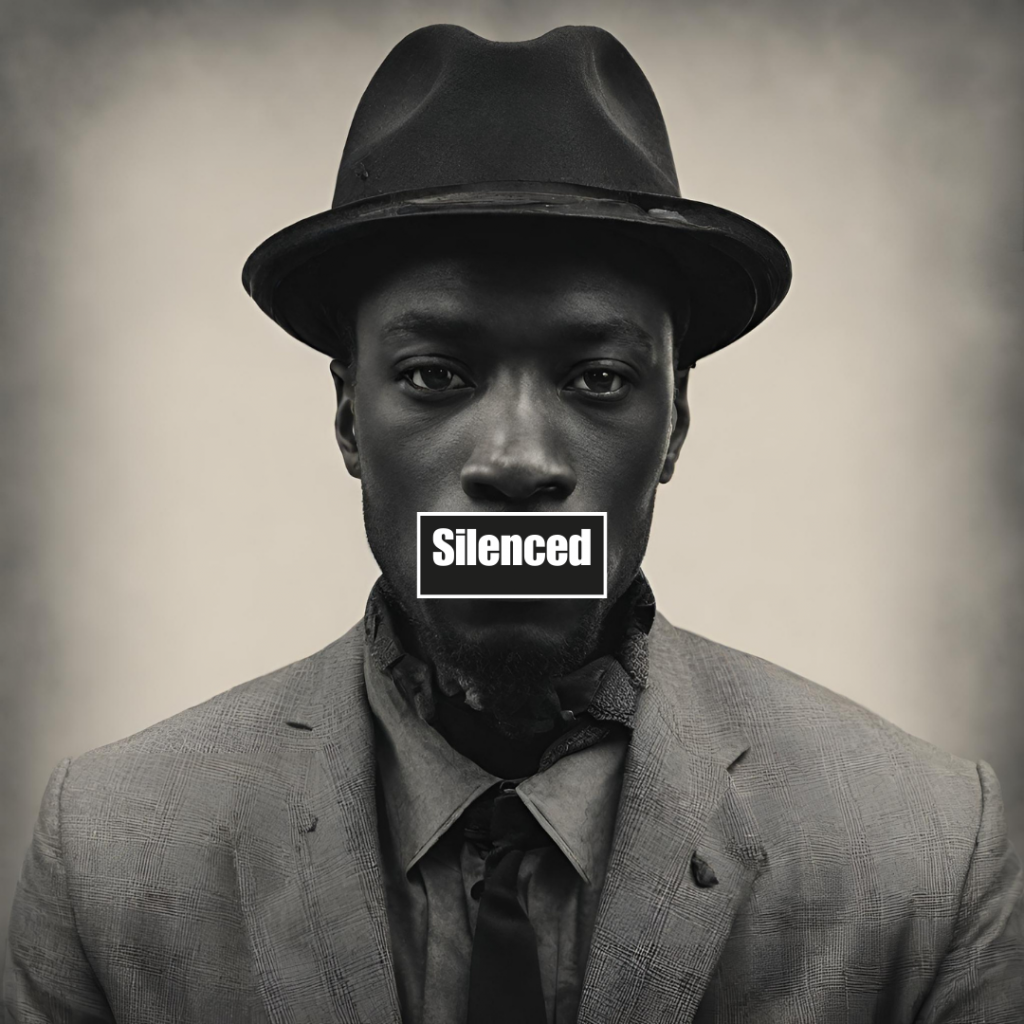I am continually intrigued by the “activism” of the last decade with its emphasis on an imagined purity, either of the ideological or of the blood quantum variety. These corresponding movements generally failed to either forge novel criticisms of or strategies against any forms of structural oppression (i.e., racism, capitalism, colonialism, imperialism), to provide the kind of political education that truly revolutionary movements require, or to effectively marshal the masses in opposition to these forces.
For example, has the preponderance of “anti-racist” activism or writing served to illuminate paths to reform which were not solely reliant on either a sympathetic administration or the largess of white liberals or institutions? Did these movements articulate an end goal short of structural integration within a settler colonial state or the cultural assimilation of all elements within their communities to white progressive views, values, and objectives? Both questions can be answered definitively in the negative. And how could they when their end goals consisted of puerile ends such as “representation” in corporate mass media or “delineation” from other African and African Diasporic populations. As such, these movements captured mental energy and material resources which should have served more revolutionary purposes, yet in the end either expended such potentiality into the ether or enriched their figureheads.
Though they failed in substantive ways, these movements did succeed in advancing the cause of atomization (i.e, division) in spectacular fashion. This atomization has been so thorough that it has served to estrange elements among us in the present-day, as well as severing vital linkages to our past struggles which could serve to guide our actions.
The lesson which I maintain should be learned from this period and its myopia is captured by and Ewe proverb which states, “Ŋkuagbãtɔ mekplɔa aʋa o,” that is, “The blind does not lead in a battle.” This teaches us that those of limited vision should never be entrusted to guide others. Further, it illustrates the fallacy of seeking to conceive of any liberatory project de-linked from the dynamic history of revolutionary struggle which has been forged by our ancestors. In my book,Jacob H. Carruthers and the Restoration of an African Worldview, I discuss the failings of these contemporary movements in contrast to the victorious Haitian Revolution.
“These contemporary movements do not seek to avenge the wrongs perpetrated against African people over centuries, or to ‘conquer or die,’ and in so doing to topple the oft-lamented system. Instead, they seek reconciliation with that system or inclusion within it. They reflect [Jean Jacques] Dessalines’s critique of the various elements who vied for power in the course of the Haitian struggle yet were all hobbled by their ultimate allegiance to the European model [of social development].
‘The always recurring factions . . .
toyed, each in turn with the
Phantom of Liberty which France
displayed before their eyes.’ (quoted in Carruthers 1985, 30)” (Rashid 2024)
Let us draw upon the sobriety of history and find inspiration and wisdom required to envision and engage in Black struggle.
References
Carruthers, Jacob H. 1985. The Irritated Genie: An Essay on the Haitian Revolution. Chicago: The Kemetic Institute.
Rashid, Kamau. 2024. Jacob H. Carruthers and the Restoration of an African Worldview: Finding Our Way through the Desert. Lanham, MD: Lexington Books.


